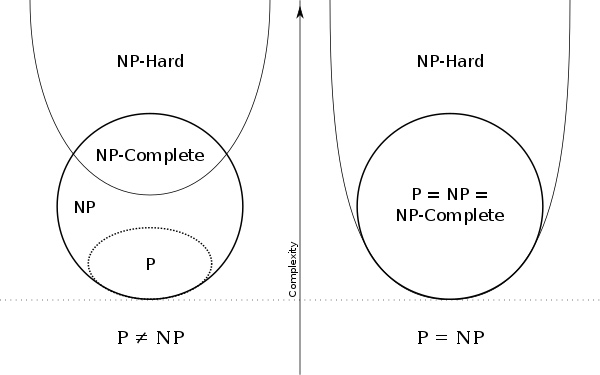I was going through the lecture of prof. Erik Demaine and he said that a problem X is NP-Hard if it is at-least as hard as every problem Y that belongs to NP class.
He further said that if we can prove that there exists a problem that belongs to NP but not to P, then we can absolutely be sure that NP hard problems don't belong to P class.
Here is my question... What happens if P=NP. Thus it mean that all NP-hard problems become polynomially solvable? Will all NP hard problems reduce to polynomial order if P=NP?

